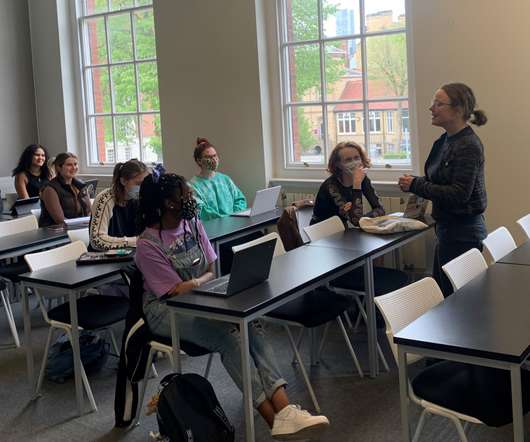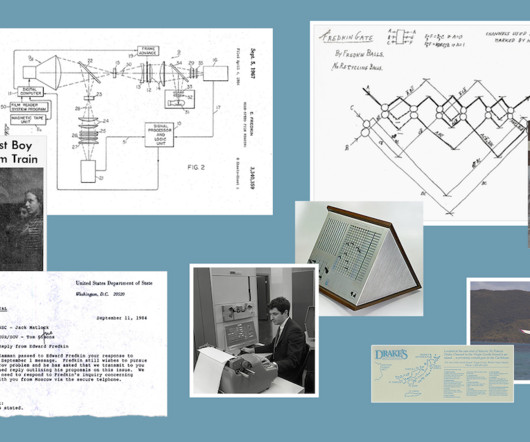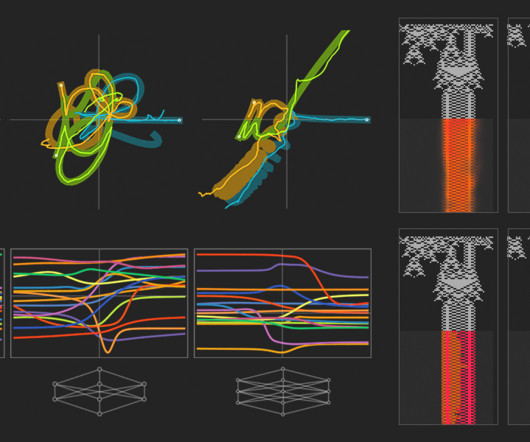Should universities use differential treatment to admit students?
Futurum
SEPTEMBER 28, 2023
As you can imagine, there are many arguments both for and against these ideas. Regardless of whether differential treatment is considered fair, the efficiency rationale gives researchers and policymakers another way to look at how and why public policies should consider socio-economic factors.













Let's personalize your content